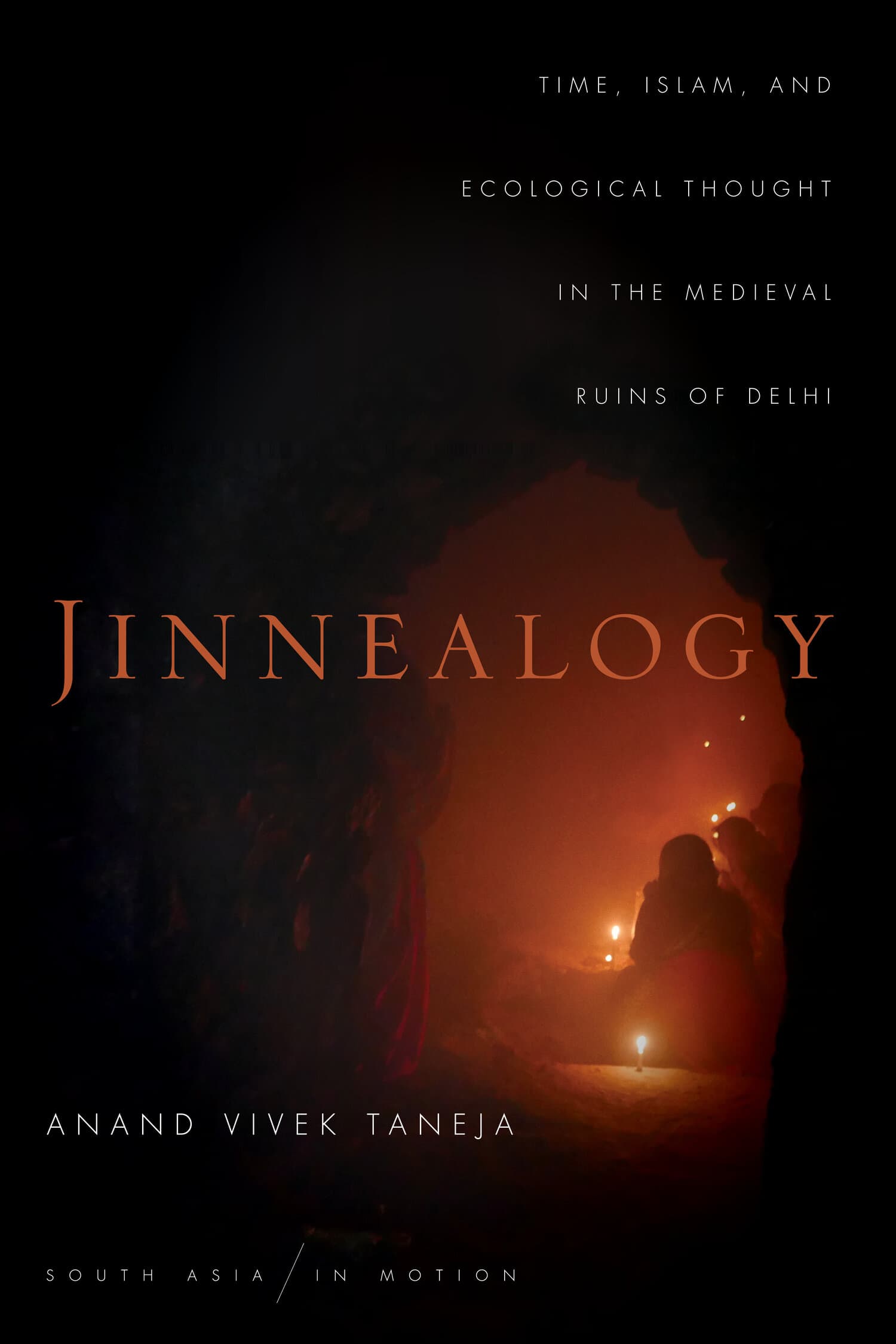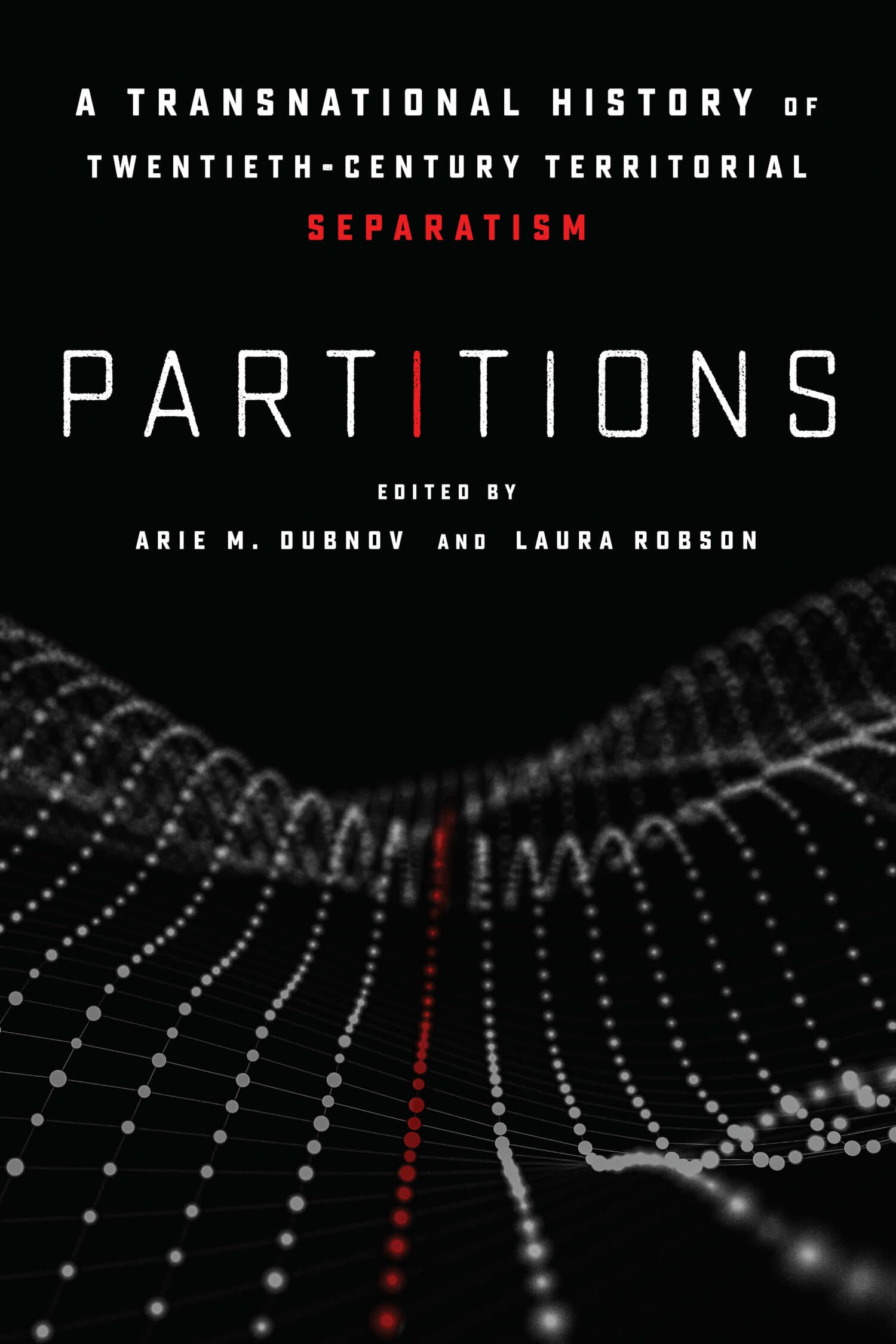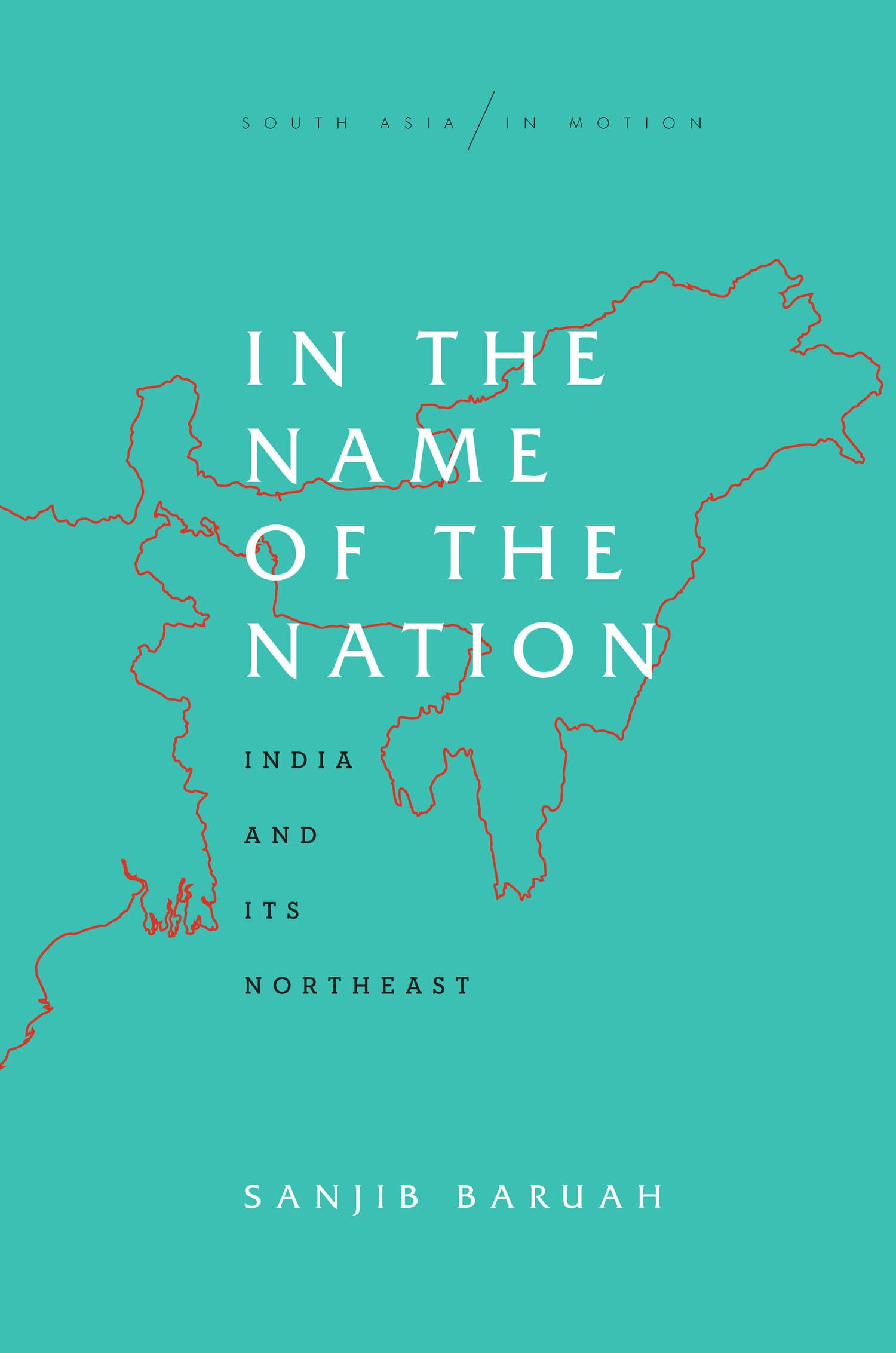Delhi Reborn
Award Winner
2023: Kamaladevi Chattopadhyay NIF Book Prize
Shortlisted for the 2023 Kamaladevi Chattopadhyay NIF Book Prize, sponsored by the New India Foundation.

Delhi, one of the world's largest cities, has faced momentous challenges—mass migration, competing governing authorities, controversies over citizenship, and communal violence. To understand the contemporary plight of India's capital city, this book revisits one of the most dramatic episodes in its history, telling the story of how the city was remade by the twin events of partition and independence. Treating decolonization as a process that unfolded from the late 1930s into the mid-1950, Rotem Geva traces how India and Pakistan became increasingly territorialized in the imagination and practice of the city's residents, how violence and displacement were central to this process, and how tensions over belonging and citizenship lingered in the city and the nation. She also chronicles the struggle, after 1947, between the urge to democratize political life in the new republic and the authoritarian legacy of colonial rule, augmented by the imperative to maintain law and order in the face of the partition crisis. Drawing on a wide range of sources, Geva reveals the period from the late 1930s to the mid-1950s as a twilight time, combining features of imperial framework and independent republic. Geva places this liminality within the broader global context of the dissolution of multiethnic and multireligious empires into nation-states and argues for an understanding of state formation as a contest between various lines of power, charting the links between different levels of political struggle and mobilization during the churning early years of independence in Delhi.
"In this innovative new history, Rotem Geva explores the sweeping changes that swept over Delhi as a result of India's independence and partition violence in 1947. The millenarian visions that shaped both the Indian nationalist movement and the movement for Pakistan provide a backdrop to the on-the-ground changes wrought by migration, struggles over property, and new forms of religious identity politics and state-making—which transformed the city forever."—David Gilmartin, North Carolina State University
"Rotem Geva supplies a concise, perceptive history of 'how the twin events of partition and independence remade Delhi.'"—Michael M. Rosen, The Federalist
"For geographers, there is much to cherish, admire, and be inspired by here. Though never absent of framings drawn from subaltern or postcolonial theory, this is an empirically grounded volume which takes us deep into the urban geographies of India's capital. These geographies are material and social, but also literary, journalistic, and emotional."—Stephen Legg, Singapore Journal of Tropical Geography
"The affective structure of [Delhi Reborn] interweaves disparate or distant events (like the violence of 1857, the partition, or the years of the Emergency) through memories and reportage to situate the memories in a longer lineage of violence. The beauty of this long-term view lies in the fact that instead of framing it as a teleological account of the atrocities that the Muslim community has had to endure in Delhi, it shows how despite the rampant and recurring efforts to displace and hurt families, resistance to these efforts never desist, and take up new forms."—Aprajita Sarcar, H-Soz-Kult
"Delhi Reborn is an exceptional work of urban and local history that examines the city within larger frameworks whilst never losing sight of its purpose: to understand how the particular cultural and political histories of Delhi were transformed by the end of empire, the birth of the new nations of India and Pakistan, and the cataclysm of Partition."—Deborah Sutton, German Historical Institute London Bulletin
"Between searing oral histories and complex political ones, there has been a plethora of important scholarship on the Partition over the last few decades. Rotem Geva's book, Delhi Reborn, is distinctive for the way it focuses entirely on Delhi as a political and cultural staging ground for the Partition and emergence of the newly independent Indian nation-state."—Rashmi Sadana, South Asian History and Culture
"Delhi Reborn carries the poignancy of a tragedy and the suspense of a spy thriller in telling a tale whose empirical expanse and theoretical depth exhibit the erudition of an adept social scientist."—Nishat Zaidi, South Asian Review




